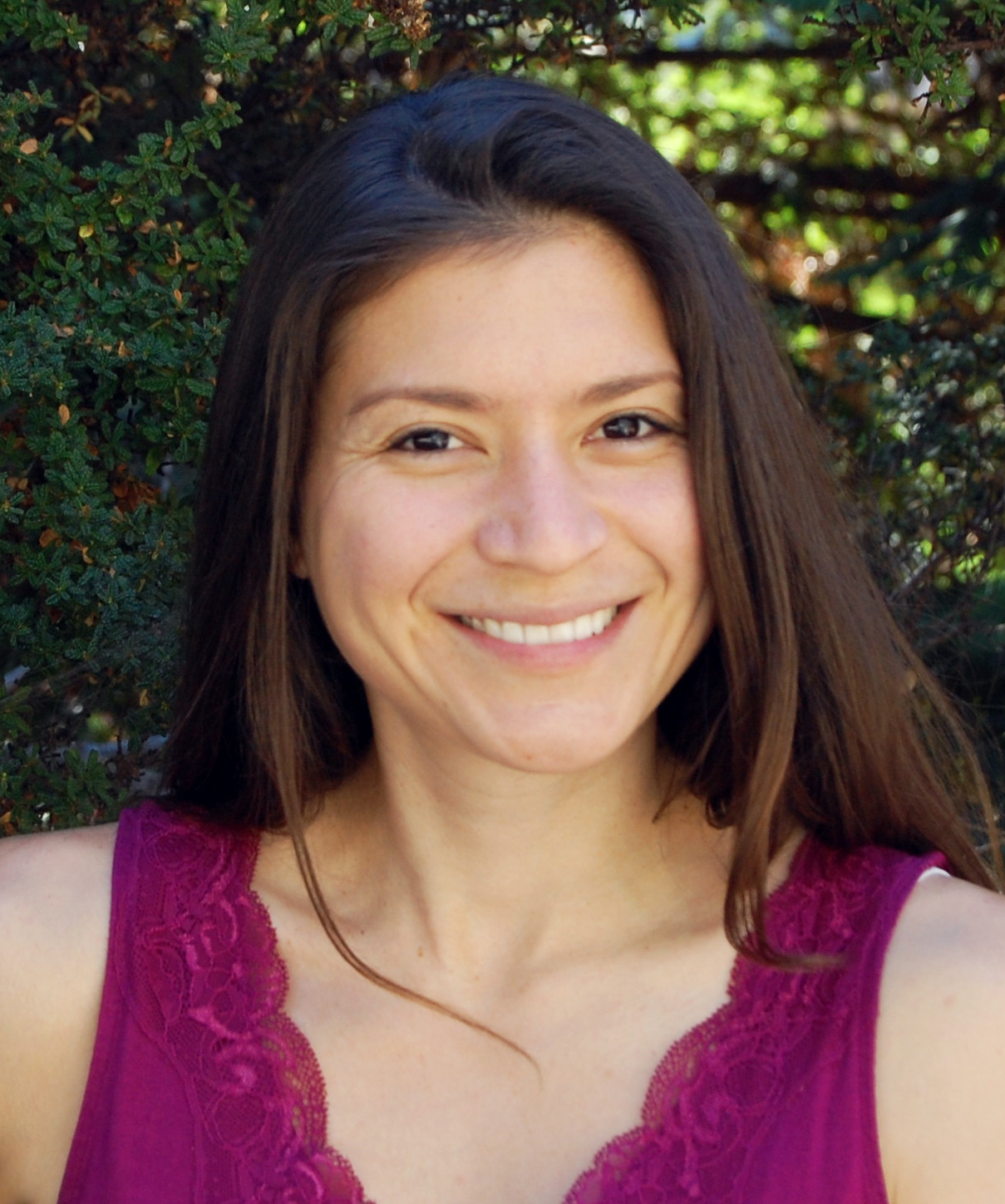Bandages with brains

Assistant Professor Marcella Gomez is teaching artificial intelligence learning models to heal. With electrical and computer engineering professors Marco Rolandi and Mircea Teodorescu, Gomez co-leads a collaborative project that includes clinical researchers at UC Davis and Tufts University. Funded by a $16 million grant from the Defense Advanced Research Projects Agency, the project aims to develop a “smart bandage” that can speed the healing of difficult wounds, like those suffered by soldiers with battlefield injuries from explosions. “Our task is to identify where in the healing process we can intervene to accelerate wound closure,” Gomez said.
To monitor the wound, the smart bandage will contain optical sensors currently being developed by Teodorescu’s team. It will also incorporate a Rolandi team–developed bioelectronic device to deliver ions and biochemicals. What molecules and when to administer them will depend on the bandage’s “brain”—the artificial intelligence system being developed by Gomez.
“We’ll monitor the wounds in real-time, and my algorithms will process and interpret the images to say, for example, ‘Oh, we’ve started inflammation!’” Gomez said, prompting the bandage to release specific biochemicals. Eventually, she said, the technology could be adapted to help heal chronic sores, like those caused by diabetes, which burden a substantial number of patients and cost the health care system billions annually.
*— *

